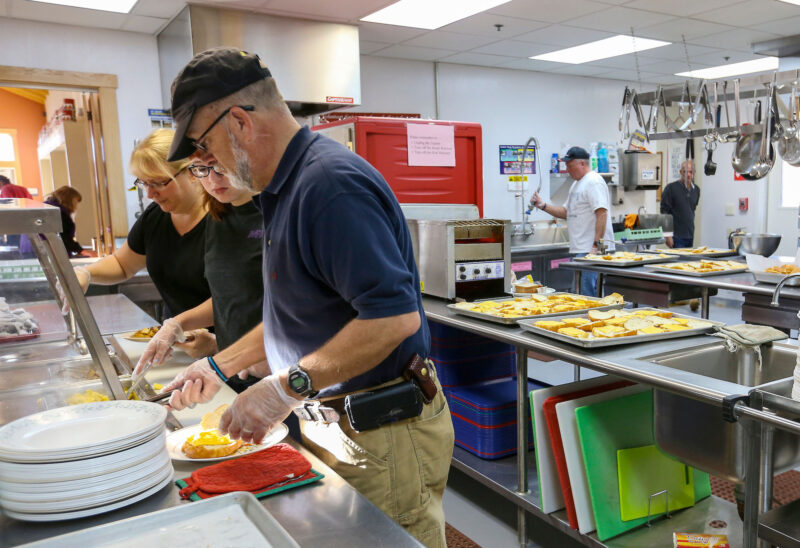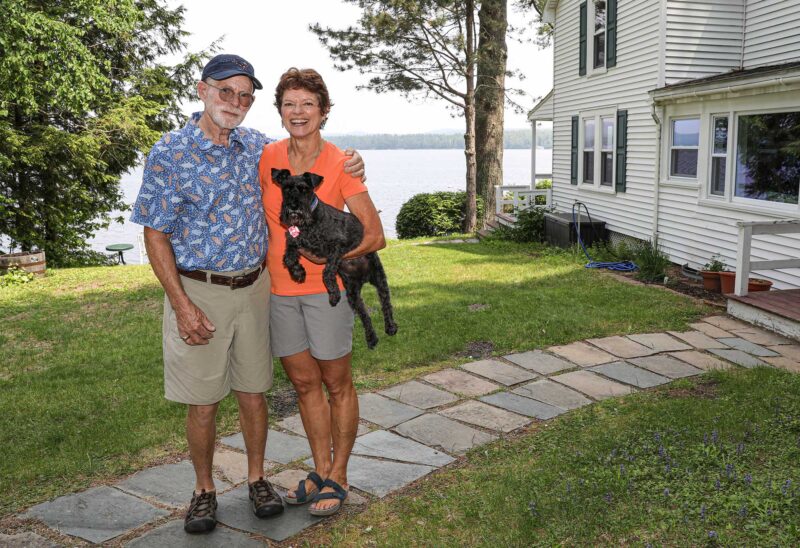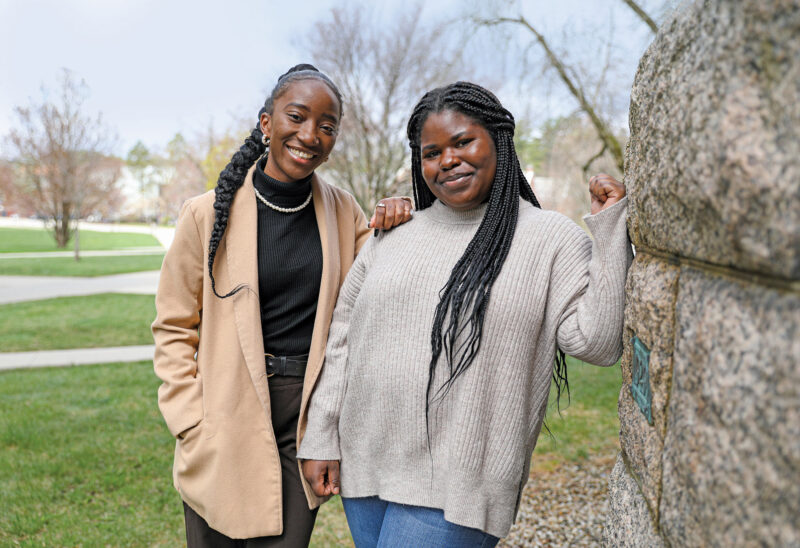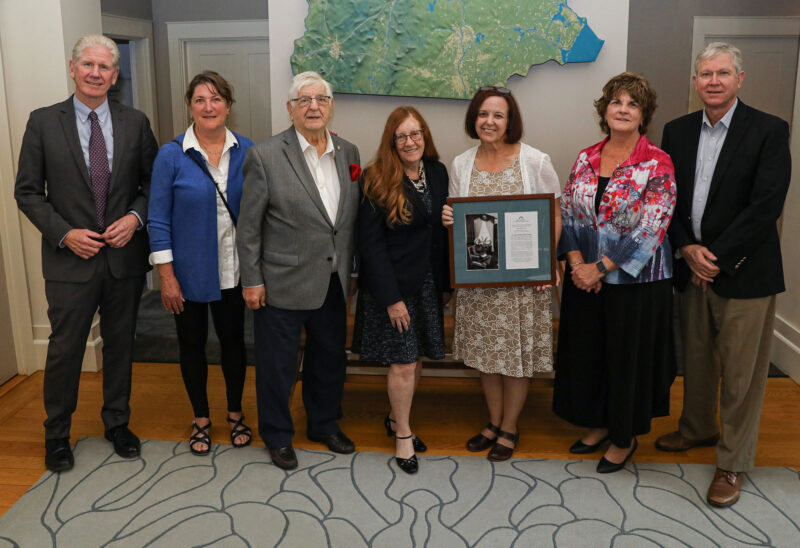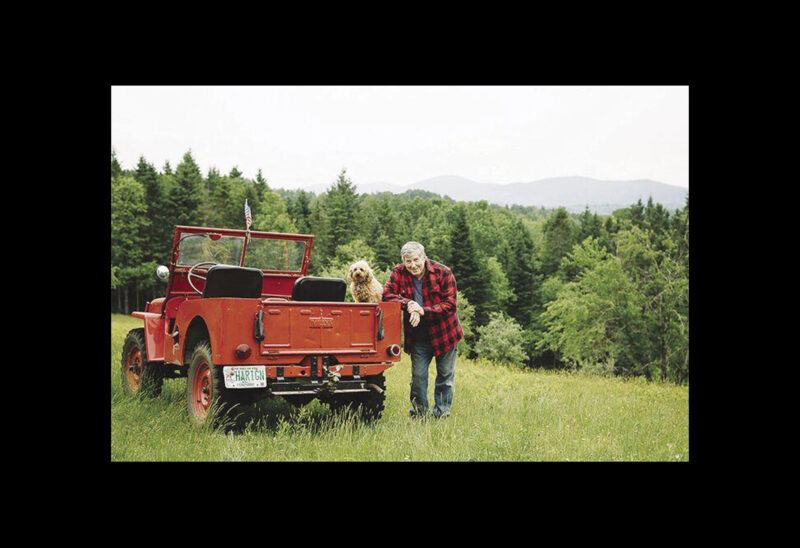By Jim Collins
Born in the Vermont town of Canaan, just across the Connecticut River from West Stewartstown, Neil Tillotson left home at 15 and went on to become one of the great entrepreneurs and venture capitalists of the 20th century.
He worked for the Hood Rubber Company in Watertown, Mass., during the Depression. Even without a high school diploma, he was assigned to investigate the properties of a liquid form of rubber called latex. When Hood showed little interest in the new material, Tillotson experimented with it in his home-made attic lab, saw its potential, and persuaded his father and brother-in-law to help him find a market for it. They persuaded a novelty store in Boston to take a chance on 2,000 “latex balloons” in the shape of a cat’s head. Filled with gas, the floating balloons became the hit of the 1931 Patriots’ Day Parade — and soon after, Tillotson left Hood Rubber, invested his life savings of $720, and started manufacturing balloons. In the first year, his new business made five million of them. In time he developed other uses, including latex carpet backing and latex exam gloves, and got involved with a wide variety of businesses and start-up ventures.
On a train between Boston and New York, he met his future wife, Louise, a vivacious London-born entrepreneur who had worked for the BBC, had built a house on Vancouver Island, and had a similar taste for adventure and travel. In 1954, he bought the Balsams Grand Resort Hotel in Dixville Notch, along with its 4,200 acres, at bankruptcy auction. More interested at first in the land than the hotel, Tillotson grew to embrace the Balsams, and established his primary residency there. Louise came to love the place as much as he did.
Believing in the community-building value of voting, he helped incorporate Dixville Notch so its handful of residents could cast their ballots where they lived. He opened up the resort at midnight on New Hampshire’s primary day, hosted reporters and political observers to draw attention to the civic ritual, and as town moderator cast the first vote in every election between 1964 and 2000 – the first vote not just in New Hampshire, but in the nation. He wore bow ties when he dressed up, but was more likely to be seen wearing a no-nonsense flannel work shirt and khaki pants. He and Louise were known to put a few apples in their pockets and go out for day-long rambles, not returning until dark. As he got older, he made the rounds at the Balsams using a broom-handle walking stick.
He moved his rubber factory from Massachusetts to Dixville Notch. The factory needed a lot of heat and steam in its manufacturing, and the resort could use the excess at less cost than investing in a new stand-alone furnace. The two enterprises together employed a thousand workers. He told people he was most interested in providing employment for local residents. That he believed the best thing you could do for a person was give him or her a steady job.
Louise Tillotson, as was so typical of women of her generation (even though she was a powerhouse of a woman, with outsized charisma and talent), had long stood behind her husband. In 2006, she stepped out from that role and became the driving force behind the Neil and Louise Tillotson Fund at the New Hampshire Charitable Foundation. She appointed a group of Neil’s business associates as advisors to the fund; over time a number of North Country community members have been appointed as well.
She established the purpose of the fund in keeping with the philosophies of her late husband and the values they shared:
- Help people to help themselves in a practical way.
- Educate people to take care of themselves.
- Live a humble life and respect those who do.
- Provide charity to those in need, especially the elderly.
- The personal benefits of a relationship with nature.
- The personal benefits of small town/rural life.
- The importance of partnerships – in fostering entrepreneurship and business incubation, and community development funding.
The Neil and Louise Tillotson Fund is notable in terms of scale. With distributions exceeding $3 million annually, it is one of the largest permanent rural philanthropies in the country. It is also notable in terms of approach, which prioritizes leadership development, institutional capacity building, and long-term commitments over quick fixes and short-term investments. Its impact on a community, and a region, will be outsized — just like the remarkable couple upon whose legacy it builds.

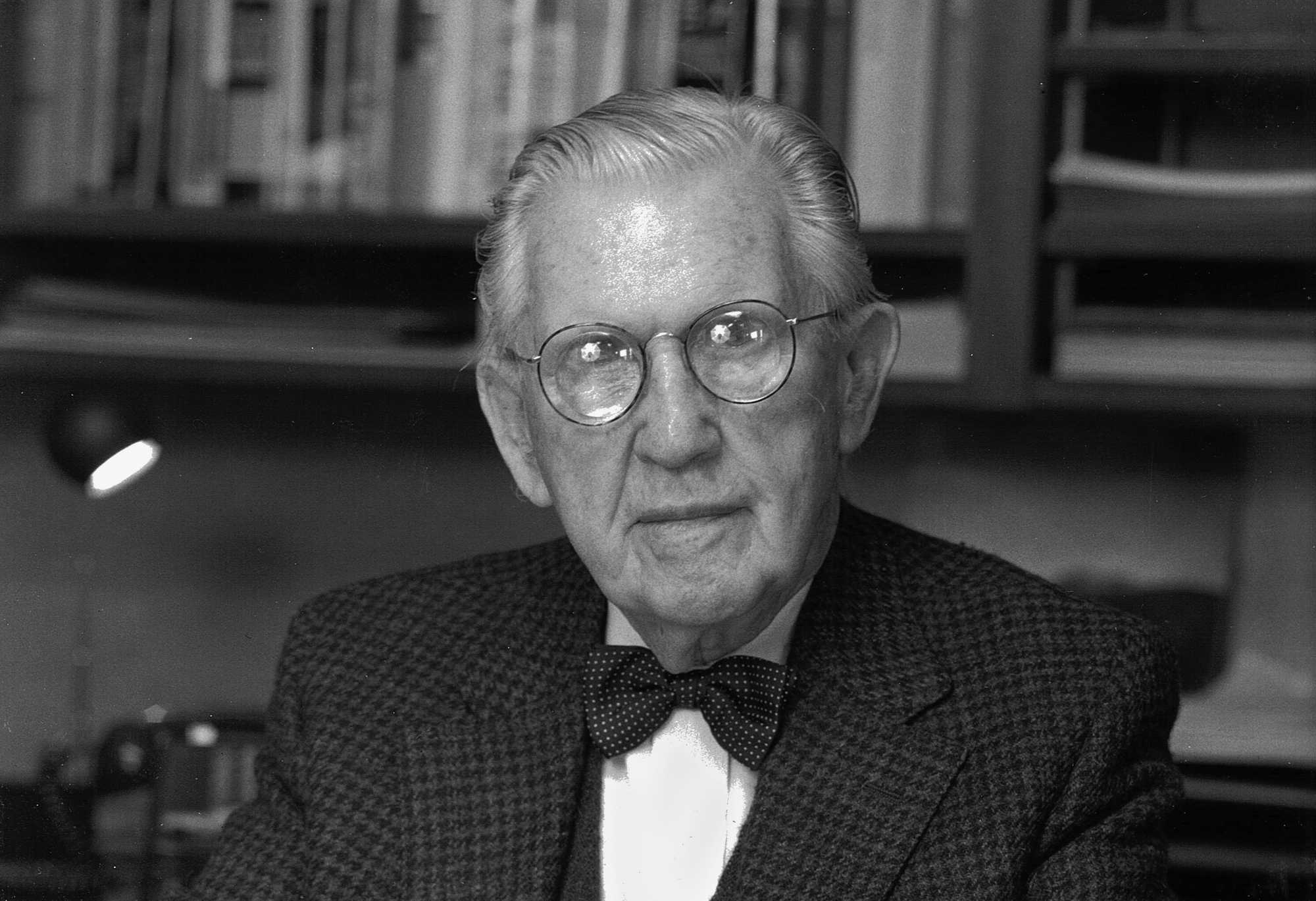






![Oluwakemi Olokunboyo of Dover received a McNabb scholarship to study nursing at Great Bay Community College [Photo by Cheryl Senter]](https://www.nhcf.org/wp-content/uploads/2024/05/Scholarship-Hero-800x548.jpg)
![Indrika Arnold, Senior Wealth Advisor, the Colony Group [Photo by Cheryl Senter]](https://www.nhcf.org/wp-content/uploads/2024/05/Indrika-Arnold-Hero-800x534.jpg)


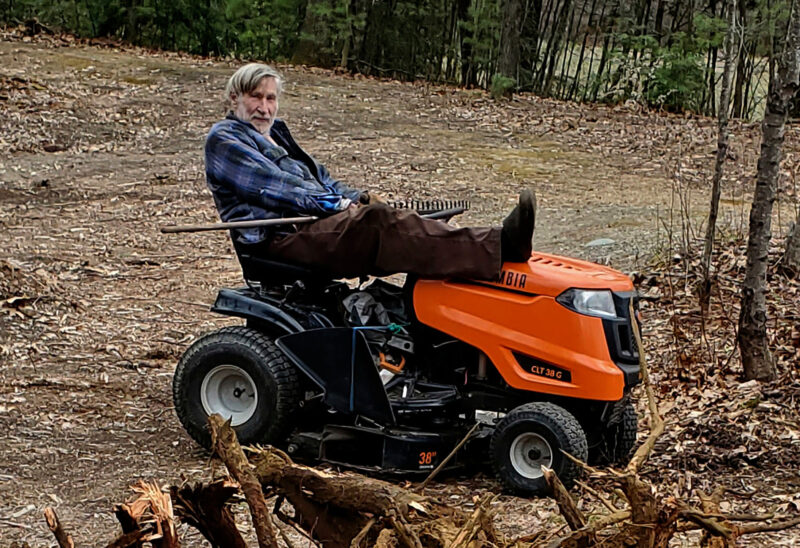
![Charitable Foundation President Dick Ober [Photo by Cheryl Senter]](https://www.nhcf.org/wp-content/uploads/2023/12/dick-ober-purpose-fall-winter-2023-800x548.jpg)
